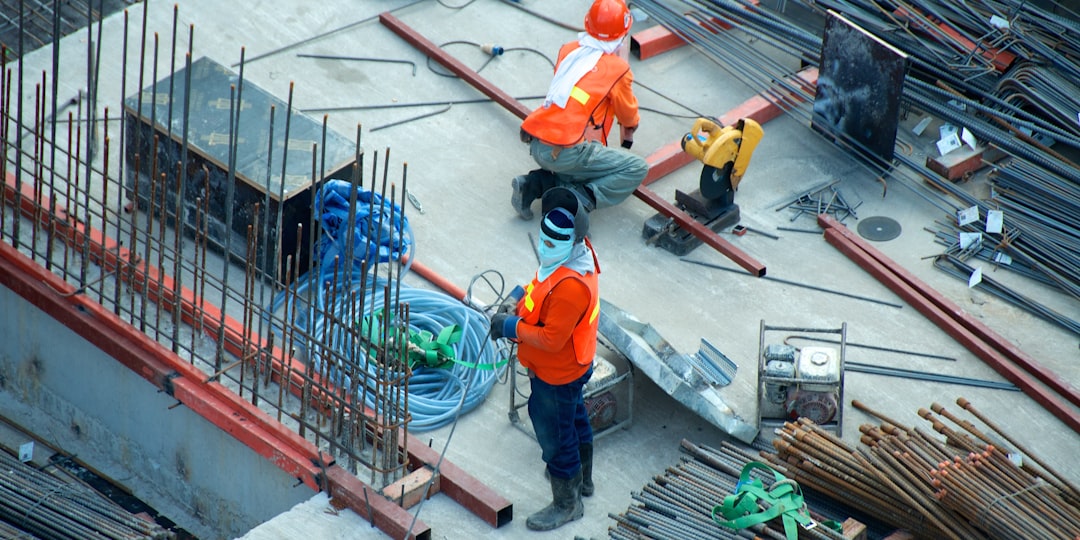

Social Media Security - The Simple Guide
Accounts are hacked / leaked on a daily, so to create awareness and a level of security for all users and businesses, we have made this simple guide explaining the precautions to take and what to be aware of in order to protect your social media accounts.
Why is social media important?
This is a simple fact, every business needs a social media presence, it does not matter if you are a small coffee shop or run a global company. Social media is an essential tool to any marketing strategy.
Social media platforms allow you to connect with customers, build relationships, create leads, sales and develop brand awareness.
Keeping your accounts safe
The first step to keeping your social media profiles is secure is to separate each account with an individual and unique password. Passwords work best when they have been randomly generated, this can be done by many tools such as LastPass (Freemium password manager) or secure password generators (free online site). The aim is to make a password as difficult and random as possible, this is commonly done by making it anything but a recognisable word. It is also important to not re-use passwords, as if one account becomes compromised, then all of your other accounts are now at risk.
Social media is a huge part of both personal & business life these days and there is no questioning the power of it, even if you do not use it, ensure you account has not gone into the wrong hands which may lead to fraudulent activity on your behalf. It is important that everyone within your business is aware of the precautions that are in place and how social media profiles are to be used. This should be done through regular social media security audits and social media policies (so employees understand what is and what is not acceptable).
Managing Privacy Settings
These are the settings within your account, this will consist of features such as who can see your posts, which is commonly used for private users, therefore only friends and family of that user is able to see what they post. These settings vary on different platforms, with different levels of security adjustments. It is wise to regularly review these as they may change along side updates published by the platform.
Use Two-Factor Authentication (2FA)
This is a feature commonly used on most platforms from everything from social media profiles or to your email login. This adds an additional layer of security to your account by texting a code to your phone which you enter in order to login. It's a way of double checking that you're allowed access to this account.
Limit the amount of users which can access the account
Check who within your company has access to the social accounts, if anyone has left, account access will have to be removed, maybe passwords will need to be changed.
Identify Applications
This consists of external software used such as scheduling or reporting software which are used to manage your social media profiles. It is important to keep an eye on the software company itself as even the biggest companies can be at risk of data leakage.
Be aware of Email Links and Links in general.
Emails may contain phishing link which may try to capture details including your social media logins, this is normal done through a website replicating the default, commonly asking you to login to fix an issue. E.g. Confirm your account or it will be deleted within the next 24 hours.
Regular Password Changing
It is good practice to change your passwords on your social media accounts to prevent leakage of password, or even to prevent ex-employees having access. It is common practice to change your passwords every 3-6 months. This again should follow the first rule of being a long random chain of letters, numbers and symbols.
Possible use of VPN
A VPN is a Virtual Private Network, essentially securing the connection between you and the end user, in this case, the social platforms. This prevents attacks on your connection while logging into your accounts through the use of data encryption. This is the best action if you want to keep sensitive information such as conversations, messages and calls safe.
Keep up to date with suspicious login attempts
Social media platforms will inform you either through notification or emails in order to tell you if they suspect a suspicious login, this is commonly caused by different IP addresses or different browsers attempting to access your social media account. If you have received one of these notifications it does mean that the attempted login is successful, meaning they have successfully used your email / username and password. However, commonly with social media platforms they will block users from continuing through to the account until verification.
Training Staff
Teaching staff not only how to use social media but the importance of keeping account secure is crucial. Policies should be put into place to ensure staff have a firm understanding of how to run and protect social accounts.
If you need support in regards with Cyber Security, get in touch with the team who can provide expert advice!
Frequently asked questions
This article has been provided for information purposes only. You should consult your own professional advisors for advice directly relating to your business or before taking action in relation to any of the provided content.
PS. Whenever you are ready, here's how to grow your construction business...
1. Join our Facebook Group which built completely for businesses within the construction industry. Real people, real support. - Now also available on LinkedIn.
2. Keep up to date with Construction Insider Providing you with industry insight, tips & tricks and much more to make sure you are ahead of your competitors!
3. When you are ready, Become a Saint Global client, and we will provide you with the highest quality solutions to effectively scale your construction business. Book your meeting here!

Written by the team at:












.jpg)



